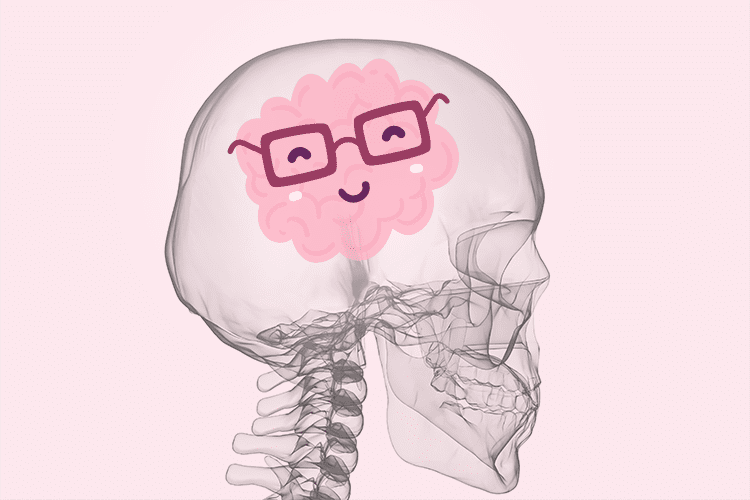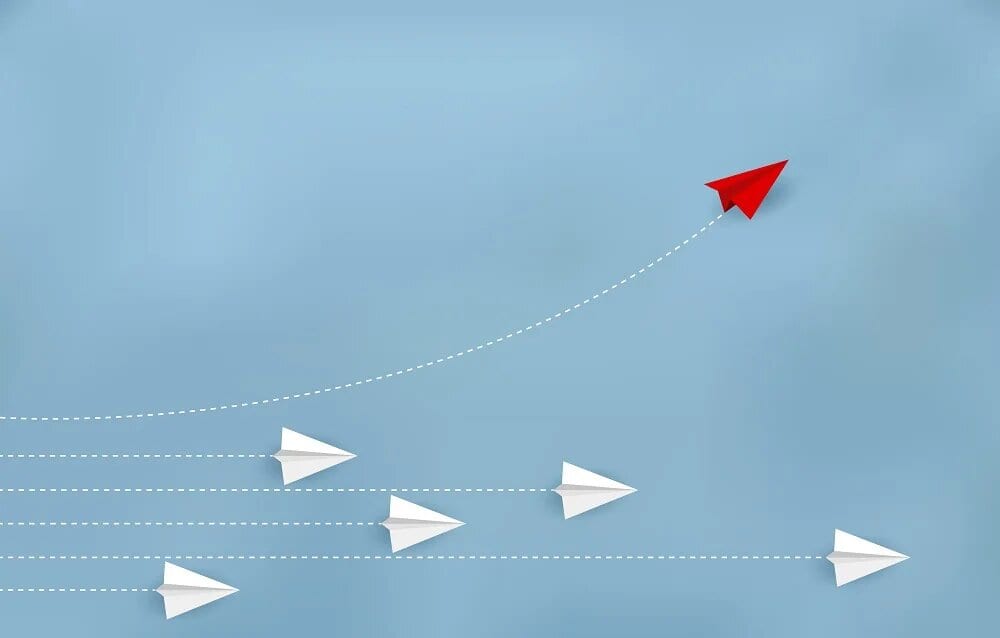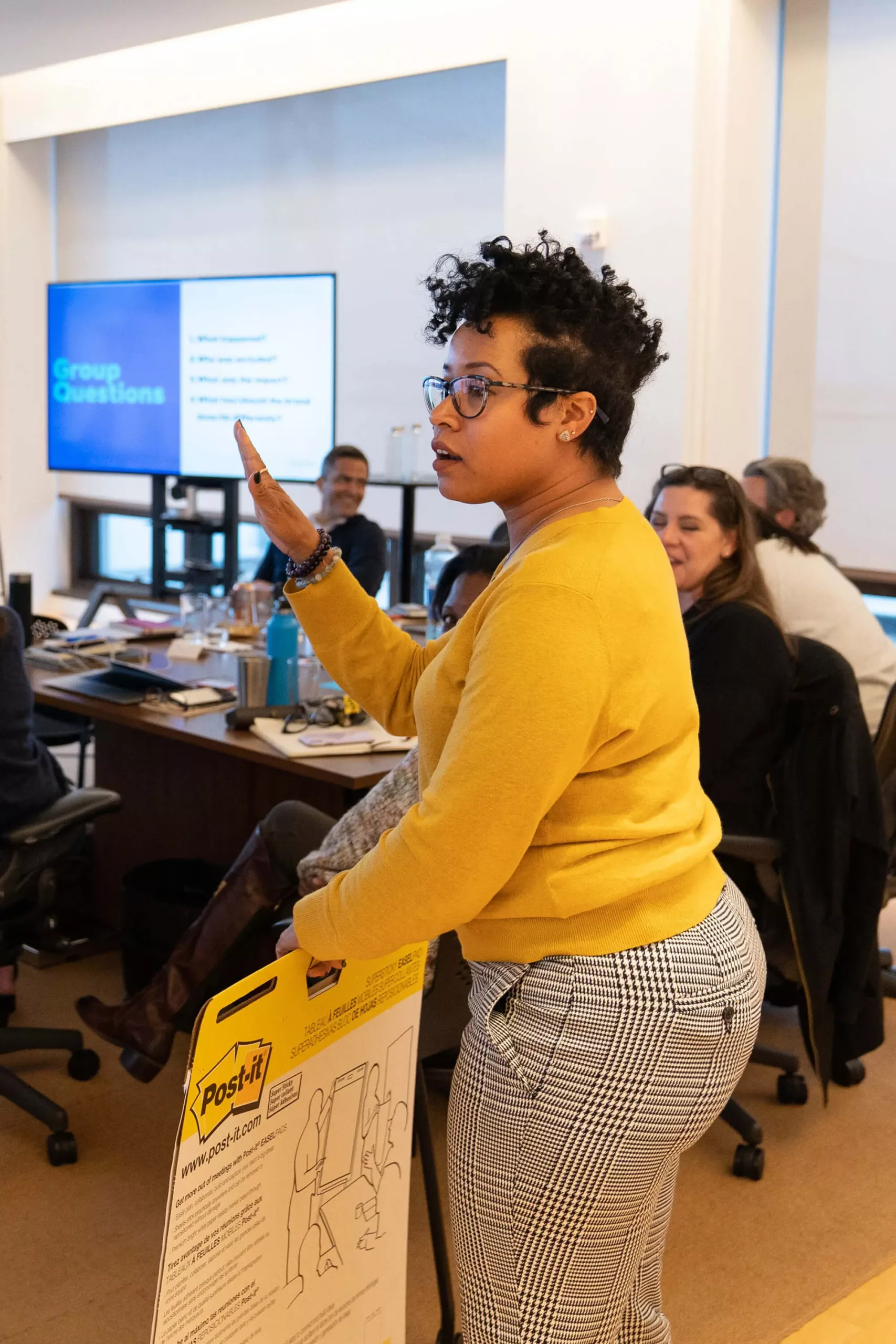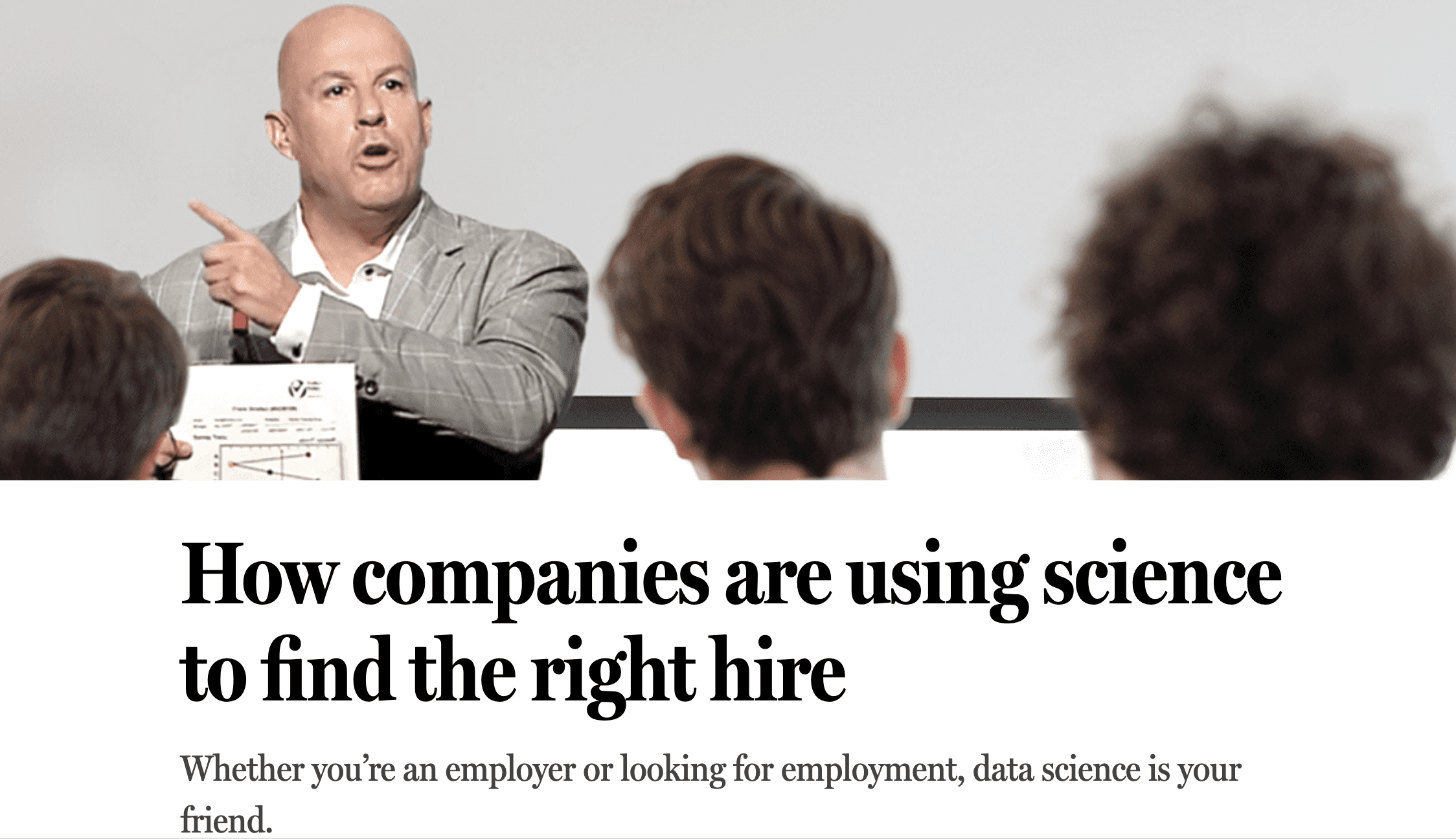As artificial intelligence becomes embedded in our daily workflows, a critical question emerges: Are we just teaching people to use AI, or are we empowering them to think with AI?...
Read More →
NeuroLeadership in the Media
As artificial intelligence becomes embedded in our daily workflows, a critical question emerges: Are we just teaching people to use AI, or are we empowering them to think with AI?...
Read More →
An organization’s leadership model will serve as an effective guide for decision-making and team engagement when it is “sticky,” has meaning, and people can easily grasp how the model links back to organizational objectives.

With the world on lockdown, organizations everywhere have had to rethink how they operate. But in the midst of the crisis, some have discovered something unexpected: productivity has gone up, not down. A crisis like a global pandemic naturally triggers extreme anxiety and stress, but it also unleashes tremendous energy and motivation. If leaders keep threat levels low, they can harness that sense of urgency to achieve work results that would normally seem impossible.

When governments issued lockdown orders earlier this year, organizations everywhere scrambled to move their learning programs online. Since then, a team at the NeuroLeadership Institute has conducted over 20 learning audits to assess how larger companies handled the transition. Unfortunately, our conversations revealed that most organizations took in-person learning programs, already poor at driving behavior change, and made them worse, not better.

In this article from HR Dive, Dr. David Rock (Co-founder and CEO of NeuroLeadership Institute) discusses the brain-based model of SCARF, along with some other strategies to de-escalate conflict.

The only constant in life is change, as they say. But you can’t expect your behaviors to change just because you really want them to. The same goes for leaders who want to create behavior change in their team members. Early excitement fades over time, and soon we settle back into our old ways.

This article from Vogue Business focuses on how luxury retailers are working to become more inclusive, including Tiffany & Co., who partnered with NeuroLeadership Institute to develop bias mitigation strategies.

Back in the pre-COVID-19 days, Mitchell Spearman didn’t talk to his staff much about their feelings. As senior director of principal gifts for the University of Texas at Austin, he helped set goals for his team of fundraisers, assisted them in meeting those goals and celebrated their successes when they did. Continue Reading on LA Times

Sephora is making concerted efforts to halt discrimination at its stores and within its corporate offices as the retail industry continues to experience a reckoning for a history of racist behavior. Continue Reading

Any business leader will tell you the right team is essential for fostering innovation and success. But is talent development an art or a science? Increasingly, it’s appearing the answer can be found in science. And believe it or not, most leaders find that comforting, says Katherine King, CEO of corporate consultancy Invisible Culture, which helps companies develop the skills to compete in fast-changing industries and create cultures that promote healthy work habits. Continue Reading on Boston Globe

Treating coronavirus patients in one of the busiest emergency rooms in Manhattan, Dr. Jason Hill wore the same disposable respirator mask for up to four shifts in a row. He’d take the mask home from Columbia University Medical Center, his coffee-flavored breath clinging to its fibers. Then he’d bake it in an oven to kill any viral hitchhikers. A half-hour at 140 degrees. For months as the virus filled hospitals in New York and across the nation, doctors, nurses and other medical workers risked their lives in similar ways – sharing protective gear, reusing masks or going without – simply because there weren’t enough to go around. Continue reading on USA Today

Join millions of employees in creating culture change at scale by reaching out today.

In 2007, David and Lisa Rock and their team had been working in leadership development and executive coaching for ten years, when David coined the term “NeuroLeadership.”ef

North America
Africa
South America
Asia
Europe
Australia
© NeuroLeadership Institute 2025. All Rights Reserved
This site uses cookies to provide you with a personalized browsing experience. By using this site you agree to our use of cookies as explained in our Privacy Policy. Please read our Privacy Policy for more information.